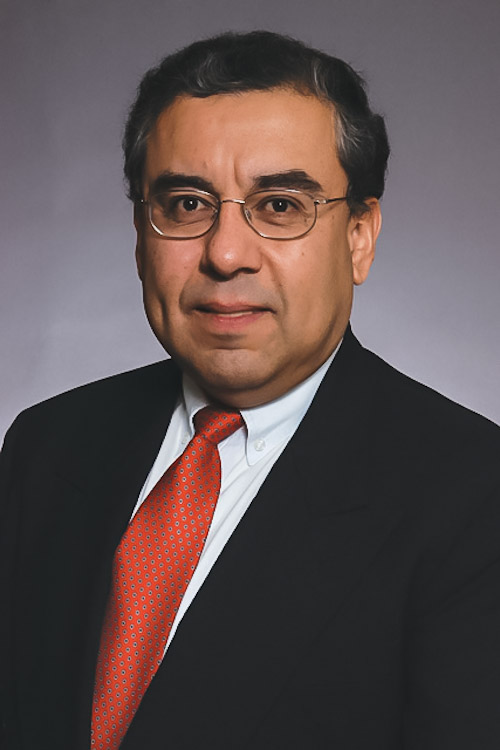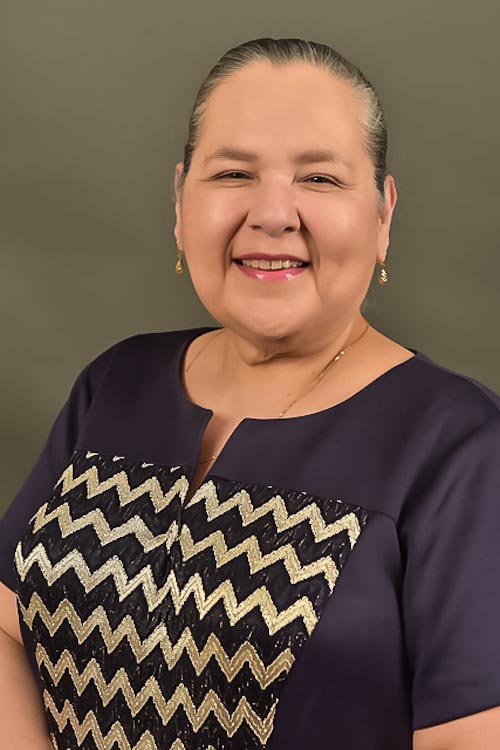WMU receives $2 million grant to work with new students from community of farmworkers
Students with a background in seasonal or migrant farming get new opportunities at WMU.
Southwest Michigan is at the center of the state’s stream of migrant and seasonal farmworkers.
Now a five-year program to support first-year, first-generation undergraduate students who are migrant or seasonal farmworkers or the children of such workers at Western Michigan University has received more than $2 million.
WMU is only one of 10 schools in the country and the only one in Michigan to be awarded the funding through this College Assistance Migrant Program or the U.S. Department of Education and its Office of Migrant Education.
The CAMP project at WMU, housed in the Division of Multicultural Affairs, will receive $416,293 for the 2017-18 academic year and nearly $2.108 million overall. The CAMP focuses on science, technology, engineering, and mathematics–STEM–education.
The University’s Division of Multicultural Affairs and College of Engineering and Applied Sciences have teamed up to give new WMU-CAMP participants increased access to STEM coursework and activities. The program addresses a federally identified priority to increase the number of students who are prepared to enter STEM fields.
An average of 40 eligible students will be enrolled during each year of the 2017 through 2022 grant period. Nationwide, CAMP helps out about 2,000 students each year. Diana Hernandez, director of the Division of Multicultural Affairs and leader of the WMU-CAMP says WMU-CAMP participants had an overall GPA of 3.19 and a retention rate of 97.5 percent for the 2015-16 academic year.
“Migrant and seasonal farmworkers are essential to the agricultural industry in the United States and in Michigan, yet they continue to be one of the most impoverished and underserved populations in this country,” say Hernandez. “Our unique, holistic service plan for the CAMP program provides participants with the comprehensive academic, financial, school-transition and other support services they need to successfully complete their first year of college and continue their college education.”
The CAMP program has been offered at WMU since 2012.
“The collaboration between Diana and her team and the engineering college is a win-win situation for participating students, the seasonal farmworker community and WMU,” says Dr. Jorge Rodriguez, WMU-CAMP’s co-principal investigator and an associate professor of engineering design, manufacturing and management systems. “STEM education is a priority in the global environment we live in, and it’s something that will have a significant positive impact in our region.”
Source: Jeanne Baron, Western Michigan University

















